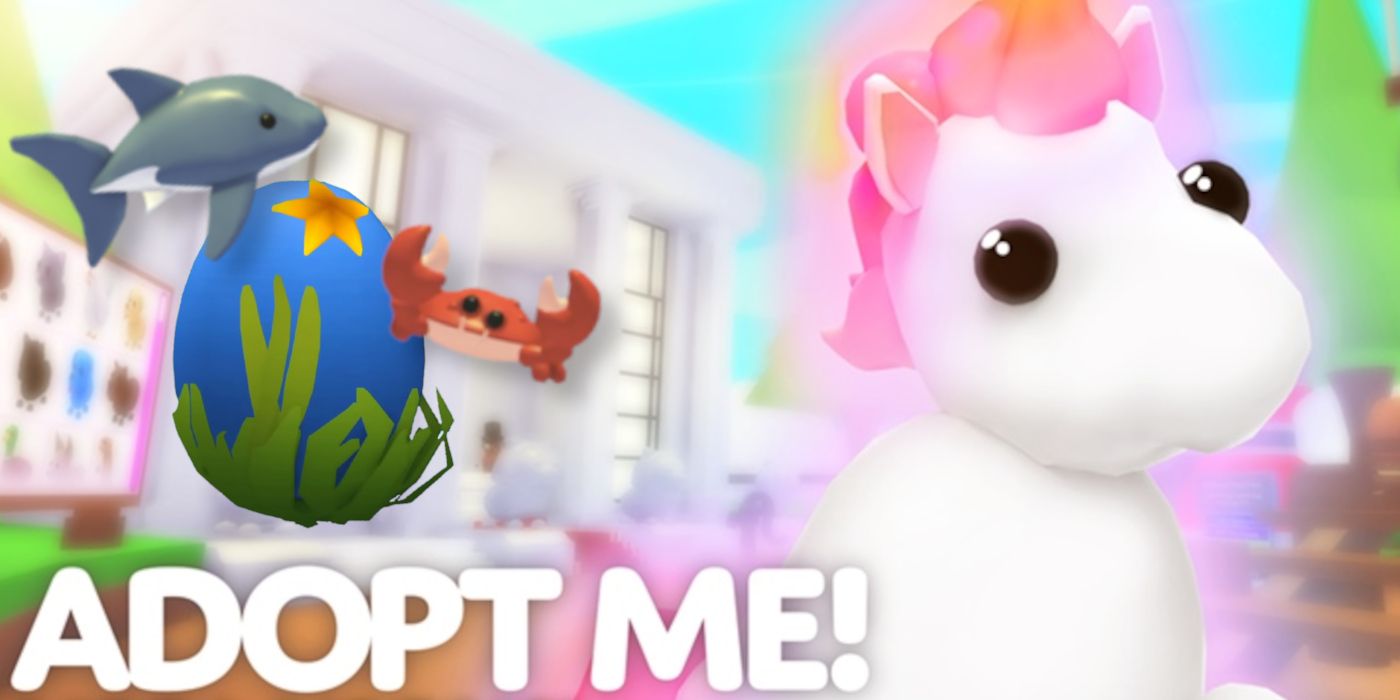Introducing Adopt Me’s Simple Roots and Family-Focused Charm
In 2017, Adopt Me was introduced on Roblox as a simple family roleplaying game. Players could adopt virtual puppies and kittens to care for like their own children. Early Adopt Me gameplay focused on lighthearted adoptive family roleplaying and minigames like bouncing in a bounce house or swinging at the park. Word quickly spread through YouTube influencers showcasing gameplay. Soon, Adopt Me was one of the most popular Roblox games, with over a million daily players engaging in make-believe family adventures together.

Early Additions Shifted Focus from Roleplaying to Rare Pet Collection
As Adopt Me grew in popularity, new areas like a jungle and farm were added with corresponding animal companions to adopt and raise. While expansive, these distracted from family roleplaying. Pets began traded and collected more than parented. Grinding for uncommon pets like legendary golden unicorns and neonicorns replaced imagined family bonding. Group chats erupted in rare pet trade negotiations rather than roleplayed stories. This shifted Adopt Me’s heart from nurturing found families to competitive pet showcasing.
Toxicity Emerged as Rare Pets Dictated Social Hierarchy
As certain virtual pets grew artificially rarer, real bullying emerged based on in-game possessions. Those with the rarest unicorns or dragons formed cliques that shunned others. Scamming gangs preyed on innocent players to steal their hard-earned rare pets through deception. Endless global chat spam advertised these heists. One 10-year-old YouTuber documented quitting due to daily harassment endured trying to combat this toxicity. Adopt Me’s once carefree community fractured under this unchecked rarity-based social hierarchy.
YouTube Profiteering Set a Poor Precedent for the Future
Influencers with millions of subscribers began dedicating entire videos simply to opening Adopt Me’s purchasable egg hunt boxes for “loot unboxing” content. While entertaining children, this encouraged viewing the game as an profit machine rather than creative outlet. “Scam the Scammer” prank videos wildly profitable but glamorized deceptive behavior within the game. Developers looked the other way as money poured in. This cemented Adopt Me’s focus on monetization over cultivating a healthy community.
Server Strain and Spam Choked out Meaningful Roleplay
As player counts ballooned past multiple millions concurrent, servers lagged under increased traffic. Roleplaying with friends became nearly impossible amidst constant global advertisement spam. New areas like the “Amazing Bubblegum Simulator” mini-game did little to address these quality of life issues. What was once a close-knit hub for family roleplay devolved into an unplayable spam zone. The original vision was lost to profits and metrics rather than community well-being.
Nostalgia for Simpler Beginnings amid Recurring Issues
Looking back with rose-colored glasses, long-time Adopt Me fans reminisced playing in 2017 and 2018 when there was room to roleplay, bond over found families, and the help and trade system weren’t exploitative. Updates continuously added mechanics but never fixed endemic problems like toxicity, scamming, or performance that ruined the original magic. Developers seemed content chasing short term new player influx rather than investing in quality updates for loyal fans. Adopt Me’s soul was slowly corrupted by monetary priorities over its community.
Today’s Adopt Me Leaves Fans Wanting
Now, Adopt Me remains one of Roblox’s most popular titles. However, day-to-day gameplay is little more than a grind for currency to buy the newest expensive, over-hyped Pet Simulator style gears and lootboxes. Though commercial success abounds, the heart and community are gone—leaving only an unenjoyable sweatshop atmosphere. Early adopters who miss family roleplaying have long since moved on. In chasing wealth, Adopt Me irrevocably lost the soul that made it special.
The Costly Lesson: Success Doesn’t Equal Quality or Loyalty
Adopt Me offers a cautionary tale for developers. Unchecked growth corrodes community values over time. While initially profitable, neglecting issues like toxicity and gameplay quality guarantees losing original supporters. Chasing new fads and monetization schemes is a short-sighted gain for long-term pain. By prioritizing community well-being and continuity over constant “updates,” early magic could have endured where now only nostalgia remains. Sometimes, the cost of “success” is losing what made a product special in the first place.
 Growing Concerns Over the Direction of Adopt Me!
Growing Concerns Over the Direction of Adopt Me!